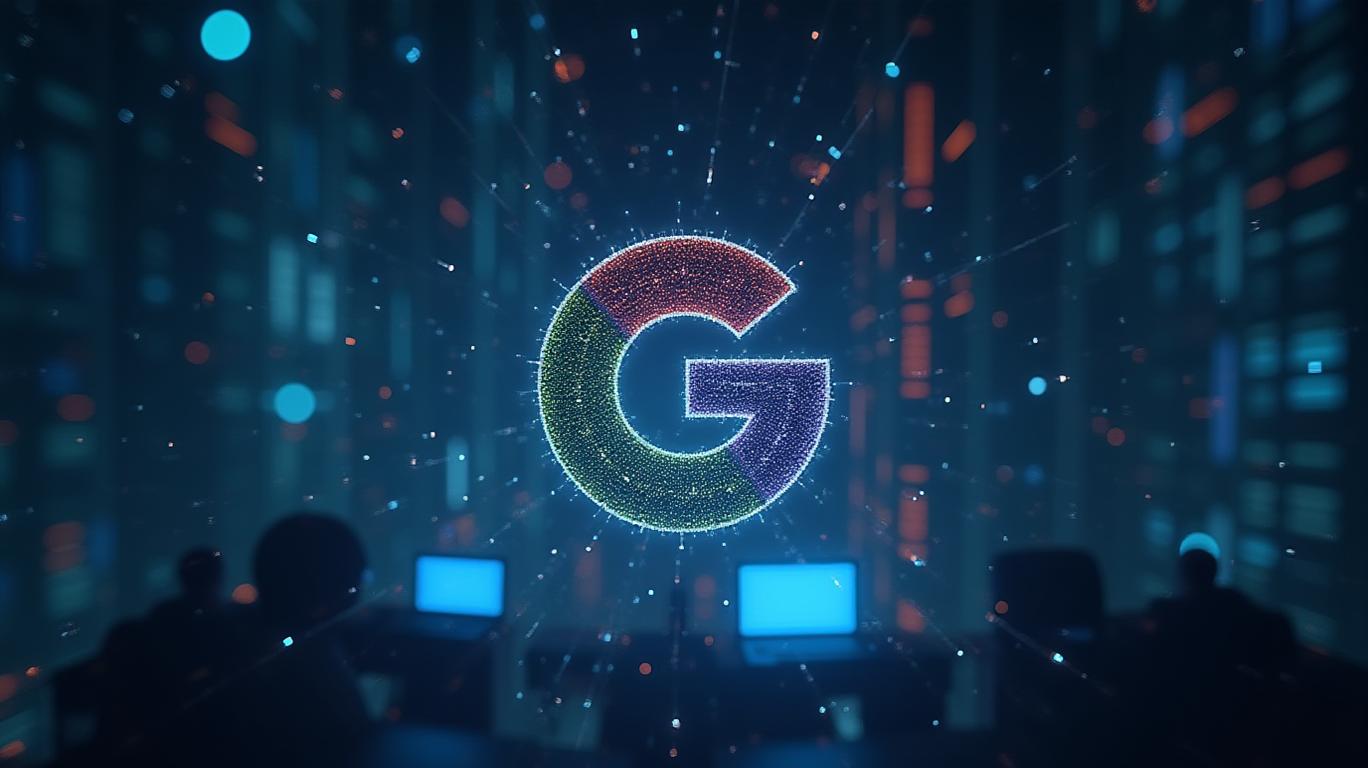OpenAI Eyes Chrome: A Potential Game-Changer in the Battle Against Google's Search Monopoly
In a recent antitrust hearing, OpenAI executive Nick Turley expressed interest in acquiring Google's Chrome browser should the court mandate its sale. This move is part of broader legal measures aimed at dismantling Google's alleged monopolistic dominance in search technology.
Turley revealed that OpenAI had previously attempted to collaborate with GoogleGOOG--, seeking access to its search technology to enhance ChatGPT. However, Google's refusal, citing competitive concerns, left OpenAI exploring alternatives to improve their AI capabilities.
The United States Department of Justice is advocating for significant actions against Google, including the sale of Chrome and sharing search data with competitors, to break its market dominance. These measures are intended to foster competition and prevent Google from maintaining its default search position on devices.
If OpenAI were to acquire Chrome, it could mark a transformational shift in the tech industry, potentially integrating advanced AI with the world's most widely-used browser. This scenario underscores the strategic importance of search technology and browser infrastructure in developing AI solutions.
Turley noted that OpenAI is still years away from achieving its goal of answering most queries using proprietary search technology. This ambition highlights the competitive landscape's significance, as AI firms navigate alliances and infrastructure needs to advance their models.
The unfolding legal developments suggest a pivotal moment in digital competition, challenging tech giants' ability to leverage infrastructure for maintaining market dominance. Google's situation serves as a reminder of the industry’s evolving regulatory environment and the increasing importance of open competition.

Permanezca en la cima con los datos de la Wall Street en tiempo real.
Latest Articles
Stay ahead of the market.
Get curated U.S. market news, insights and key dates delivered to your inbox.

Comments
No comments yet